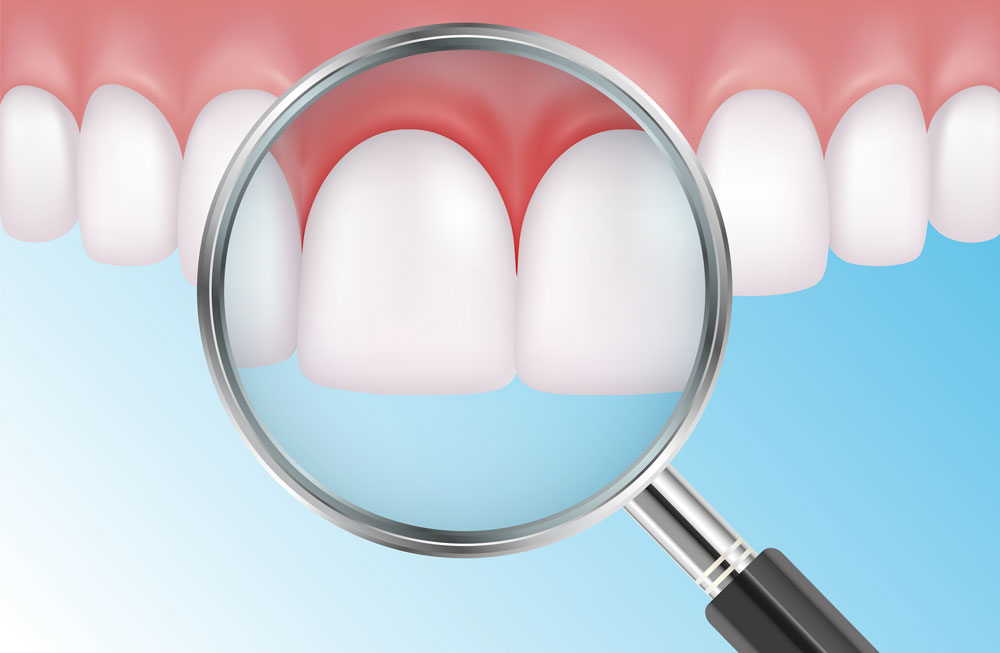Your smile is one of the very first things that people notice about you. Imperfections in your teeth (discoloration, misalignment, damage, missing teeth, etc.) can greatly impact the beauty of your smile, and send the wrong impression. At Tender Care Dental, we can restore the quality of your smile with cosmetic dentistry services.
When good oral hygiene habits are not kept, not only the teeth can get damaged (cavities), but the gums as well. The early stage of gum disease is called gingivitis, and it is the easiest to treat. Allowing the condition to worsen can lead to tooth loss. There are both surgical and nonsurgical treatments for gum disease.

It can be hard to tell that you have become affected by gum disease because it develops progressively. When plaque remains on the teeth for an extended period of time, the acid-producing bacteria living in it can cause the gums to become red and swollen. Bleeding gums are often one of the first signs of gum disease. The condition is fairly easily reversible with daily brushing and flossing, as well as a professional cleaning at the dentist’s office.
If gingivitis is left untreated, however, it can progress into a more serious form of gum disease called periodontitis. At this point, the toxins in the plaque/tartar buildup can start to affect the bone and ligaments that support the teeth, in addition to gum tissue, and will require more extensive forms of treatment.

The first step in treating periodontitis is usually a nonsurgical procedure called scaling and root planing. First, a dentist or hygienist will remove plaque and tartar from the teeth by scraping it away. While, during a routine cleaning, the plaque is only removed up to the gum line, during a scaling procedure, it will be removed from below the gum line as well. Then, the tooth roots will be smoothed away (planed) to discourage bacteria from building up there again. This procedure may require a local anesthetic to prevent discomfort and may take more than one visit. Once completed, the gums should heal and reattach themselves to the healthy, clean surfaces of the teeth. A follow-up appointment will be needed to allow your dentist to evaluate your healing and determine whether or not further treatment is necessary.

If a scaling and root planing procedure is not sufficient to restore the gums to health, surgical methods may become necessary. These include the following treatments:
